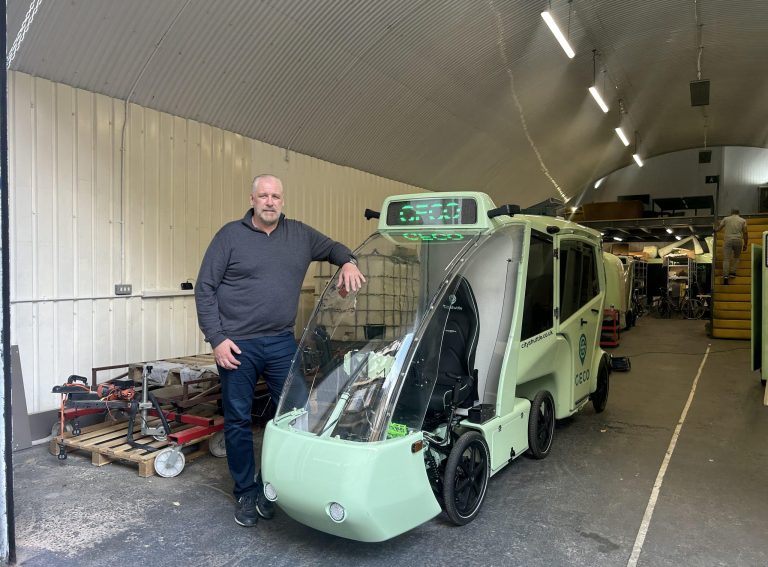Researchers from the University of Warwick are aiming to extend the lifespan of shared e-scooters up to three years through a new project.
According to the University of Warwick, the average life of a shared e-scooter is between two and five months, after which point many are scrapped. Under the university’s definition, lifespan includes e-scooters that are damaged, stolen, vandalised and replaced for newer models.
In order to tackle this trend, researchers will work over the next two years to improve the longevity of e-scooters, working in collaboration with shared e-scooter operators.
The researchers will take a deployment view of shared e-scooters, which will involve the consideration of every aspect of the service design. This process will include analysis of the environment e-scooters operate in and how riders and non-riders engage with the service.
The use of shared e-scooters on public roads is legal across much of Europe, with trials currently ongoing in the UK and Ireland.
“Thanks to funding from WMG centre High Value Manufacturing Catapult, we are able to take a human factors approach to look at how e-scooters are constructed and operated, to find areas for improvement in both the service and vehicle design, to increase their usable lifespan and make them more eco-friendly,” said Dr Roger Woodman, from WMG, University of Warwick.
“This massive increase of the average service life has the potential to greatly reduce environmental impact and make e-scooters a truly sustainable form of transport.”










